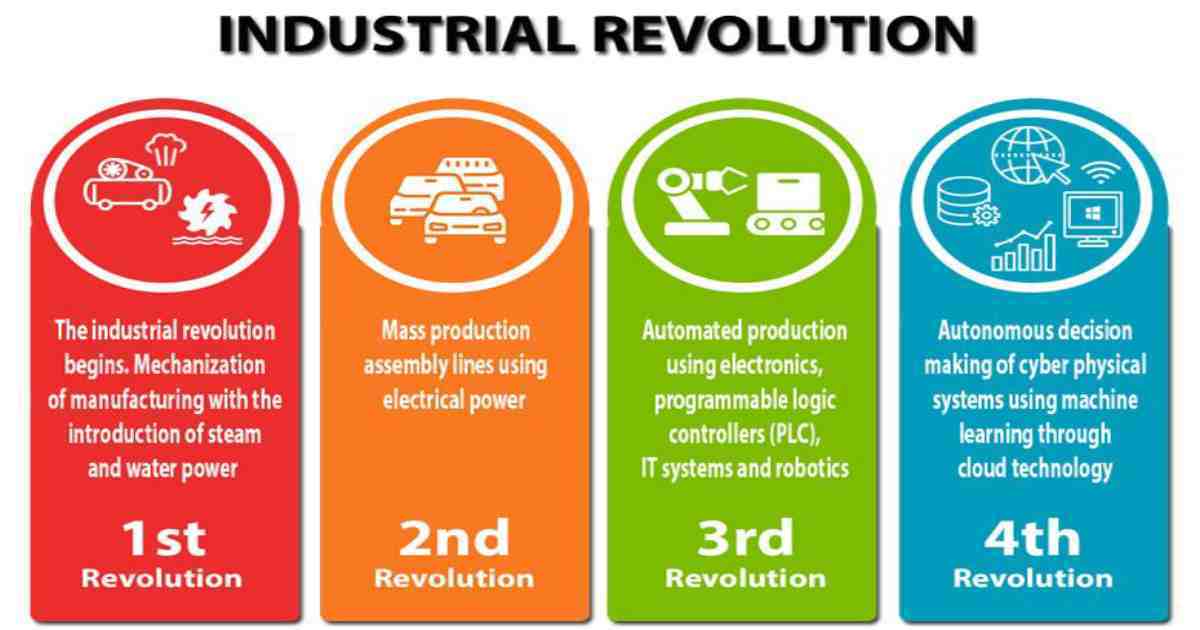Collective efforts had a need to address challenges of 4IR

Image collected
Planning Minister MA Mannan emphasized on collective efforts to use different tools for the Fourth Industrial Revolution (4IR) to address its challenges and harness its opportunities.
He also assured full support of the federal government to formulate and implement a national strategy and action arrange for making Bangladesh 4IR responsive, said a news release.
The minister was addressing a webinar on post COVID-19: Challenges and Opportunities for Entrepreneurship and Employment in the context of the current status of Skill Development and readiness for Fourth Industrial Revolution (4IR) (Sub-episode 3).
Bangladesh Investment Development Authority (BIDA) and France Bangladesh Chamber of Commerce and Industry (CCIFB) jointly organised the programme on Saturday evening.
“Collective efforts of academia, industry and the government are needed to use different tools of 4IR to handle the challenges and harness the opportunities to market innovations, investments and growth consistent with sustainable development goals and Bangladesh’s aspirations to become a developed country by 2041,” he said.
CCIFB President Syed Mahmudul Huq, who moderated the event, said countries like China, South Korea, and Taiwan could successfully manage and mitigate the fallout of the pandemic by utilising different tools of 4IR like Artificial Intelligence, Big Data and other emerging technologies.
He said by deploying the same tools and technologies, we could create services, new industries, and new jobs.
Dr Mehdi Anwar, Professor of Department of Electrical and Computer Engineering, University of Connecticut, who was the keynote presenter of the function highlighted the challenges posed by cyber-enabled 4IR.
“A clear knowledge of the challenges in the market and designing a technique to be successful on earth dominated by internet-of-things (IoT), automation, deep learning and machine learning, is necessary,” he said.
Emeritus Professor Satya Prasad Majumder, Vice Chancellor of BUET, said the look for 4IR requires identification of possible challenges posed to local industry, assessment of technology gaps, and trained workforce.
“We need to formalise the establishment of a network of universities together with industries, with the target to promote innovation, address local and global challenges, and generate qualified workforce,” he said.
Riaz Hamidullah, Bangladesh Ambassador to holland, who has been working as the center point for Bangladesh for World Economic Forum, emphasised on the necessity of mapping the key industries across manufacturing including agro-processing and service sectors in Bangladesh that might use digital or automated processes and technologies.
Dr Rashid Hamid, Team Leader UN 4IR Study, discussed global need for 4IR and stressed on a resilient and advanced internet infrastructure which requires implementation of appropriate policies and sustainable energy and tools.
Abul Kasem Khan, Chairman of BUILD emphasised on engaging the Private Sector and stakeholders in Policy Design for bettering investment climate.
Dr Rubana Huq, President of BGMEA described how anticipated transition to automation and cyber-enabled modalities could have a great economic impact on the country and in the near term on the RMG industries.
Dr Asif Naimur Rashid, Chief Information Officer (CIO) of Robi Axiata Limited, pleaded that the existing 4IR policy in the country ought to be anchored from a central policy owner at the federal government level.
While participating as a panelist, Aurélien Sostaponti Head of Industry and Cleantech Department, Business France responsible for South Asia including Bangladesh, shared the ongoing practices and planned strategy to incorporate aspects of 4IR to market business between France and Bangladesh.
The panelists needed engaging legislators to formulate policy to award Intellectual Property rights to the Innovator or Innovators with the funding agency either government or non-government having the first right of refusal if commercialised.
An R&D environment should be created that could provide short- and long-term funding to SMEs and startups to take innovation to advertise and reward industry to encourage them to augment government funding for industry-university joint R&D initiatives.
In addition they suggested establishing a focused committee representing all sectors to handle a Technology Need Assessment (TNA) by assessing existing resources and aspired developments, develop implementation strategy with appropriate timeline, and identify markets, partners and funding pipelines.
Industry and research center levels are necessary to enhance regional, multilateral and international cooperation, promoting and leading South-South cooperation and facilitating international partnerships at university.
While speaking as the Chair of the event, BIDA Executive Chairman Md Sirazul Islam reiterated BIDA’s commitment to work with the industry, academia and research institutions to face the challenges and harness the opportunities as made available from emerging technologies under 4IR.
He mentioned that it's the need of the hour to re-skill and reshape our large workforce and in this connection, BIDA is dealing with the private sector to impart training on different skills necessary for use of different tools of 4IR and promote innovations and entrepreneurship.
AKM Hafizullah Khan, Project Director, Entrepreneurship & Skill Development Project (ESDP), BIDA offered vote of thanks.
Source: http://unb.com.bd